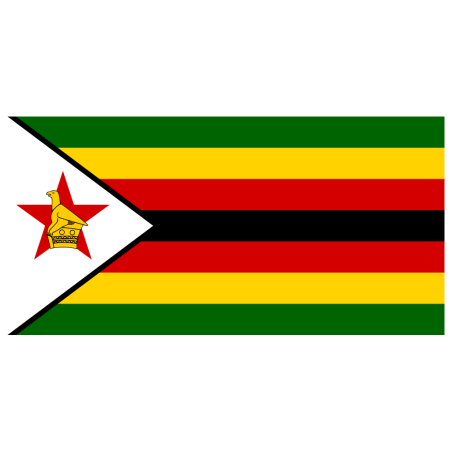ZIMBABWE:Value of mobile transactions increases

Transactions on mobile phones have more than doubled in value as a composition of global national payments systems (NPS) during the first quarter of 2018, Reserve Bank of Zimbabwe (RBZ) figures have revealed. This comes as cash shortages push more Zimbabweans towards the convenience of new payment platforms such as mobile money transfers.
Mobile money is dominated by Econet Wireless’s EcoCash with about 97 percent market share, while NetOne’s One Wallet and Telecel’s Telecash are a distant second and third, respectively.
According to an analysis of RBZ weekly reports, mobile money accounted for 25 percent of total values on the NPS at the end of March 2018, compared to 9,99 percent in the same period prior year.
Between January and March this year, mobile money transactions’ quota ranged between 18, 2 percent and 25 percent.
In the first quarter of 2017, the segment composed of between 6 and 11 percent on the NPS.
In 2015 mobile money amounted to 7,7 percent of NPS in the first week of January, 5,8 percent mid-June and 9,3 percent by end of November.
Cash shortages that normally troubled the economy in December because of annual bonuses and preparations for the festive seasons, became a permanent feature in 2016 with bank queues that had vanished on introduction of the multiple currency regime in 2009, resurfacing.
In November 2017, the RBZ reported mobile money payments amounted to $11 billion in the nine months of 2017 to September after registering a 62 percent leap from $6,7 billion in the same period prior year.
Rising Harare designer Patience Sarupinda Mutsagu, said mobile money usage has been growing rapidly due to cash shortages.
She said the portion of customers paying with mobile money has been growing since end of 2016 when cash shortages worsened.
The unavailability of cash has become more pronounced each day with foreign currency and bond notes being sold at a premium on the black market.
“We used to take cash only in 2016, we had to start taking EcoCash in 2017 otherwise we lost on potential business. I started taking
EcoCash in desperate cases at first and from long time clients, but now 65 percent of all payments are EcoCash then 30 percent is cash and 5 percent is RTGS because I don’t use ZipIt in my case,” Ms Sarupinda-Mutsagu said in an interview yesterday.
SOURCE:www.thezimbabwedaily.com
 Africas leading resource for digital financial services
Africas leading resource for digital financial services


comments